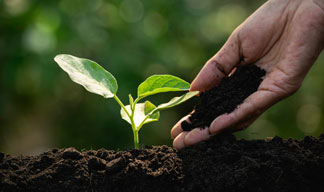

Soil
Soil – it’s not much to look at but when it comes to growing healthy fruits and vegetables, there’s nothing more important. Soil that’s in top-notch condition is the secret behind successful harvests, and now’s the time to prime your soil for the coming growing season.
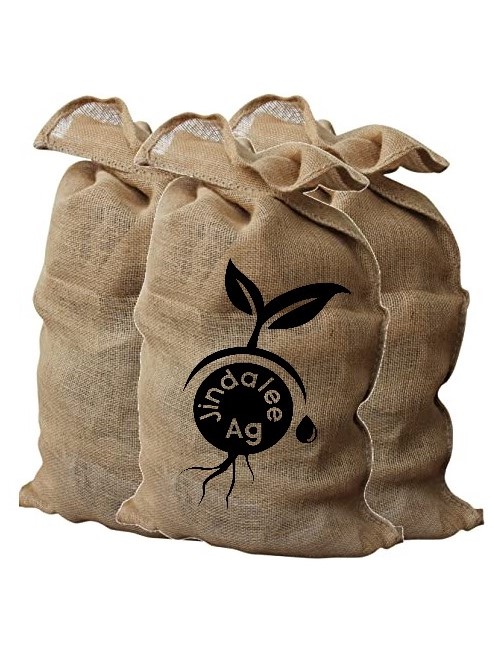
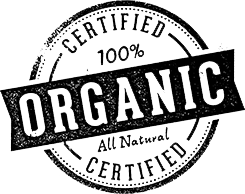
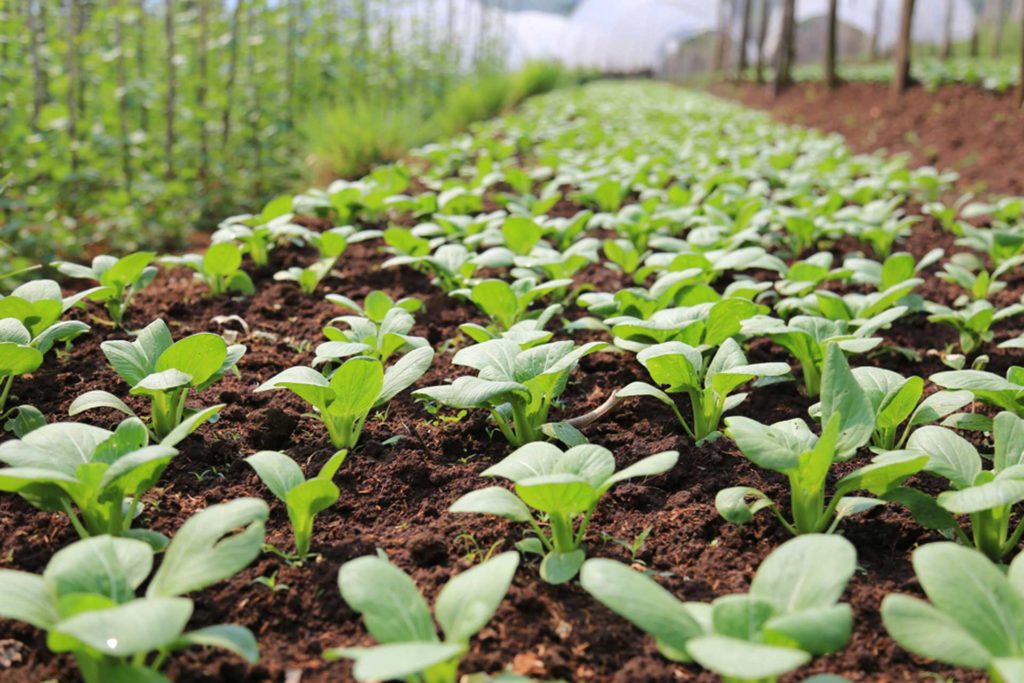
Add Organic Matter
Organic matter is the gardener’s cure-all, no matter what your soil type. It will make heavy clay soils lighter and improve drainage, and it will help retain both moisture and nutrients in sandy soils. Simply put, organic matter of any kind is great news for your soil – and the plants you grow in it!
Organic matter is simply decomposed plant or animal matter – for instance, garden compost, animal manure or leafmould. When added to your soil, organic matter will improve its structure and feed the essential microbial life within it. Compost and animal manure are also naturally packed full of nutrients that will increase the fertility of your soil.
To incorporate organic matter into your soil, first lay it on the soil surface. Be as generous as you can – really pile it on! Spread it out evenly before forking it in to the top six to 12 inches (15-30cm) of your soil. Within a few weeks you’ll notice a boom in your soil’s earthworm population – a surefire sign that all that goodness is getting to work.
Remember to water regularly. Less frequent but deeper watering encourages strong root growth so deep watering twice per week is all that is needed once your seedlings are established.
Children thrive on gardening so involve them in the process and you may find that they will happily eat anything they have had a hand in growing.
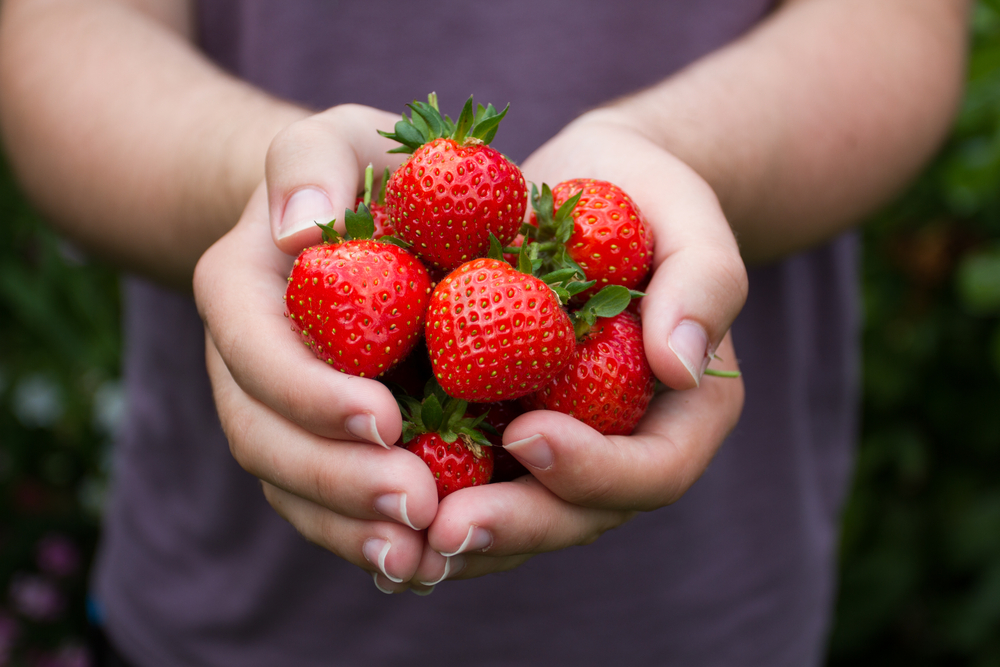
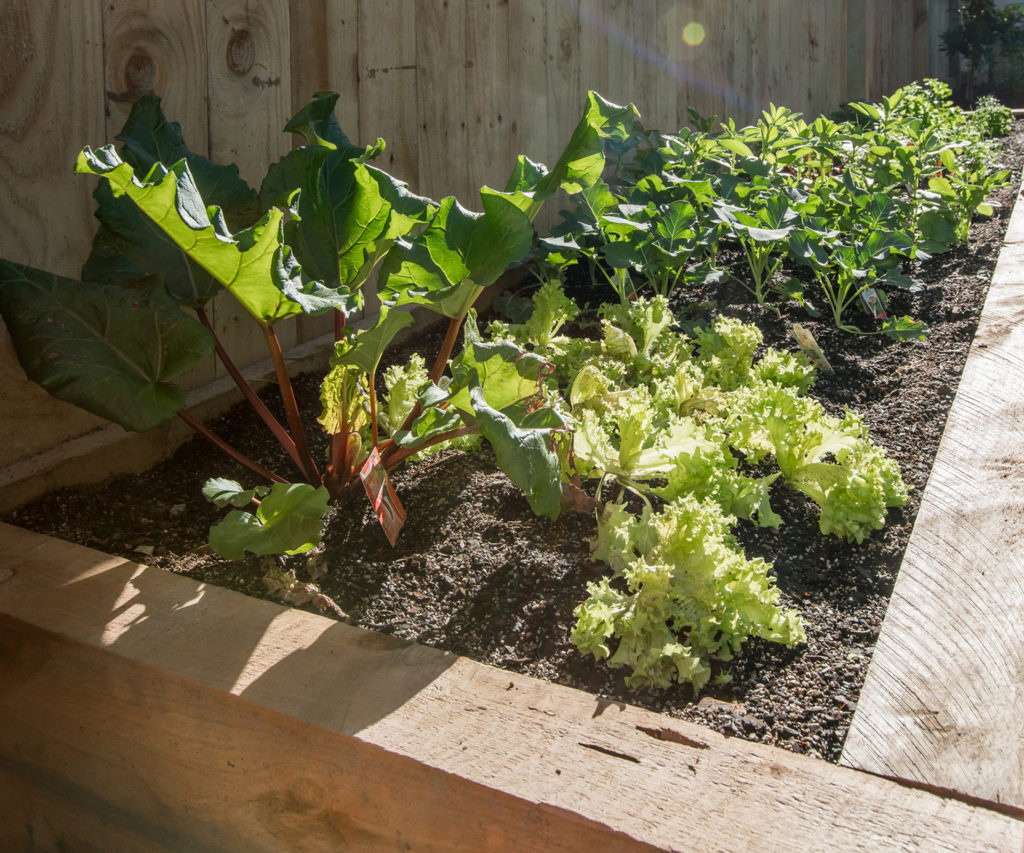
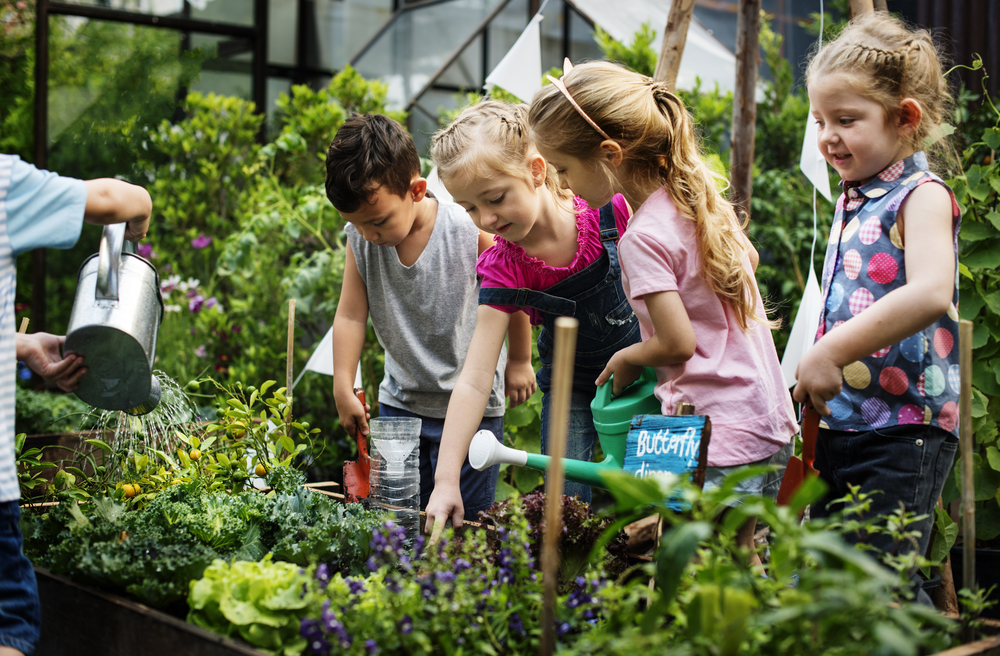
Add Organic Mulch
If your soil currently has crops growing in it, you can spread organic matter as a thick mulch two to three inches (5-7cm) deep in-between plants. The worms will ‘dig in’ the mulch for you, improving the soil for the vegetables to follow.
An organic mulch is the best way to improve fertility and soil structure around perennial plants such as strawberries and fruit trees, bushes and canes, because you don’t want to risk damaging their roots by digging. These robust plants can cope with lumpier or less refined organic matter, including bark chips and shredded prunings. It will also ‘lock in’ moisture, helping you conserve water and making your plants resilient to hot dry weather.